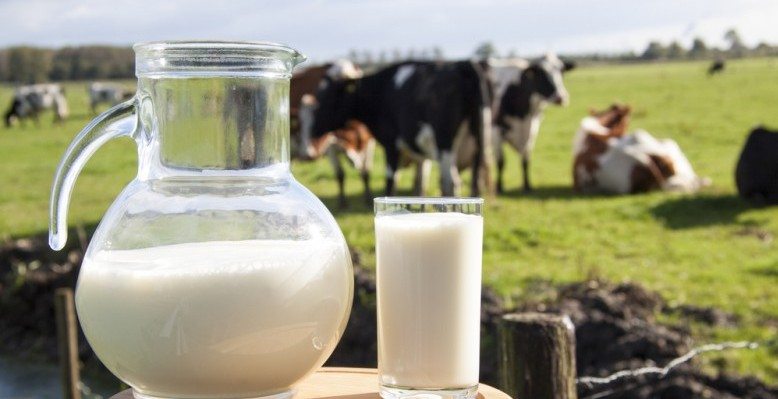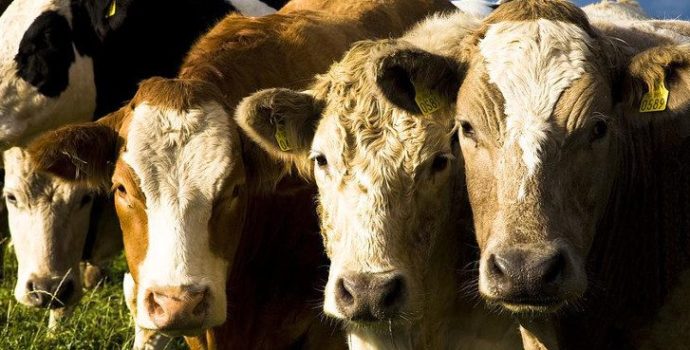Protection of Specialist Producer Groups Priority for New IFA Liquid Milk Chairman

Newly-elected IFA National Liquid Milk Chairman Teddy Cashman said the liquid milk sector had seen huge consolidation in recent years, coinciding with recession-induced pressure on retail sales. Over the same period, producers have seen a great deal of change in their pricing systems and contracts, and their margins have been dramatically eroded with relatively static milk prices and an inability to recoup fast rising input costs from the food chain.
“I will work with the Committee and liquid milk producers all around the country to defend the interests of specialist producer groups. Dairies, retailers and consumers must understand that they need liquid milk producers, and they must nurture them to viability to sustain consistently available, locally produced quality milk,” Mr Cashman said.
“The post-2015 expansion will not cater for the liquid milk market. To find high quality milk every day on supermarket shelves, Irish consumers will continue to rely on a group of specialist producers incurring significantly higher costs to provide milk from freshly calved cows year-round. It is vital that the liquid milk industry, the retail trade and the public at large would understand this. The industry and the retailers must take their full responsibility in ensuring that liquid milk suppliers receive a fair and viable milk price,” he said.
“Liquid milk producers are strong supporters of the National Milk Agency – which they fund in conjunction with dairies – and of the National Dairy Council. Between them, these two industry bodies have played a crucial role in defending and promoting locally produced milk supplied by specialist producers against rising imports. Both bodies play distinct roles, and both are indispensable – one regulating contracted liquid milk supplies and keeping track of retail sales, the other successfully encouraging retailers and consumers to choose milk farmed and processed in the Republic of Ireland,” he said.
“I urge Minister for Agriculture Simon Coveney to preserve the National Milk Agency in its current form, as it fulfils a crucial role in a vulnerable sector, and does not cost the taxpayer a cent,” he added.
“Finally, much of the consolidation we have seen in recent years has happened by attrition rather than in a planned manner, and it has caused difficulties for some producers. I propose to engage with ICOS and the co-ops involved in the liquid milk business to encourage them to undertake a strategic review similar to the KPMG review of the dairy sector,” he concluded.




